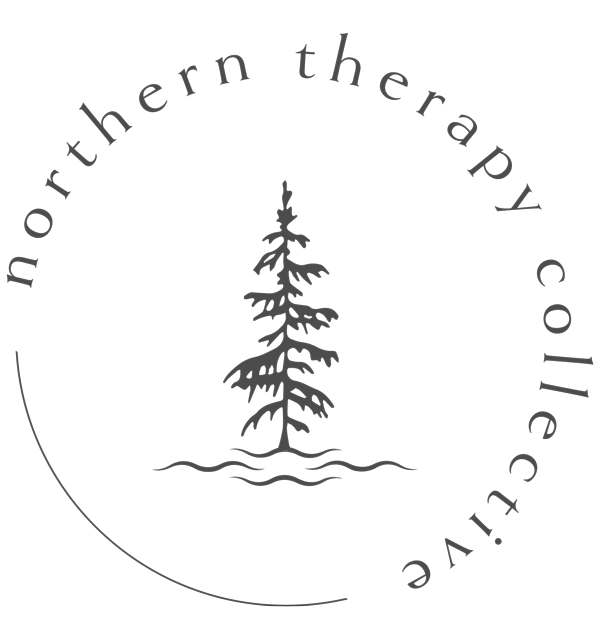Three Important Pillars of the First Appointment
Setting up an initial therapy appointment often involves a variety of emotions: excitement for what is to come, fear from not knowing what to expect, worry that it won’t meet your expectations, or perhaps pride that you’ve finally done it! – you’ve booked the appointment and you’re ready to begin! Whatever you’re feeling, just know that it’s all valid and completely normal.
If you’re someone who’s experiencing some jitters about what’s to come, then we are here to help! One strategy to calm those worries may be to take a bit of the unknown out of the equation. Although every therapist will have their own style or approach to the initial session, we can perhaps shed some light on the standing agenda items that are most often covered in first appointments.

1: Consent Forms & Housekeeping
It is extremely important to go over relevant consent forms (including limits to confidentiality!) and any important policies from the therapist’s practice that may apply to you as a client. This portion may seem “boring” or unnecessary, but believe us when we tell you just how incredibly important it is. Informed consent, which we hope you provide to any health professional before proceeding, means that you fully understand the rules of the game before you agree to play. It means that you understand what will remain private in session, and what your therapist may need to report, if necessary. It means you understand and agree to the terms regarding late fees, missed appointments, longer sessions, and so on. Informed consent also means that you know where and how your personal health information is being stored and how to request copies of your file if needed. Take your time to read through these consent forms, review the fine print, and ask the questions. It is your right as a client to have all the information you need before proceeding with therapy.
2: Understanding You and Your Goals
It is a therapist’s job to work to understand the client in in front of them, including primary concerns and what brought that person to therapy. Does this mean you need to have clear and concrete goals going into the first appointment? Absolutely not. The therapist will ask you a variety of questions (from health history, to habits, to relationships and more) to better understand what your presenting concern is, and how it’s impacting you today. The questions may come in an open-ended discussion format, or they may be more structured through the use of formal questionnaires or assessments. All of this information will help inform the treatment plan that you and your therapist will create together. To prepare for the first appointment, I’d invite you to think about how you would answer the following questions: “What lead to you book an appointment with a therapist at this time in your life?” and “What are you hoping to achieve in therapy. The answers to these questions will provide a great starting point for initial discussions with your therapist.
3: Establishing a Connection
We know, from the research, that the biggest predictor of therapeutic success is something called “rapport” (defined as a strong and meaningful connection between therapist and the client). Rapport is not something that can be forced or manufactured, and may take a few sessions to truly develop. But as you continue to share your story and the therapist continues to ask questions (to better understand you and your life) the relationship will continue to grow. If it is your first experience with therapy, it might feel scary to share some of your thoughts and feelings with a relative stranger. Feel free to take your time, go at your own pace, and the therapist will do their best to create a safe and comfortable space to help you along your therapeutic journey.





